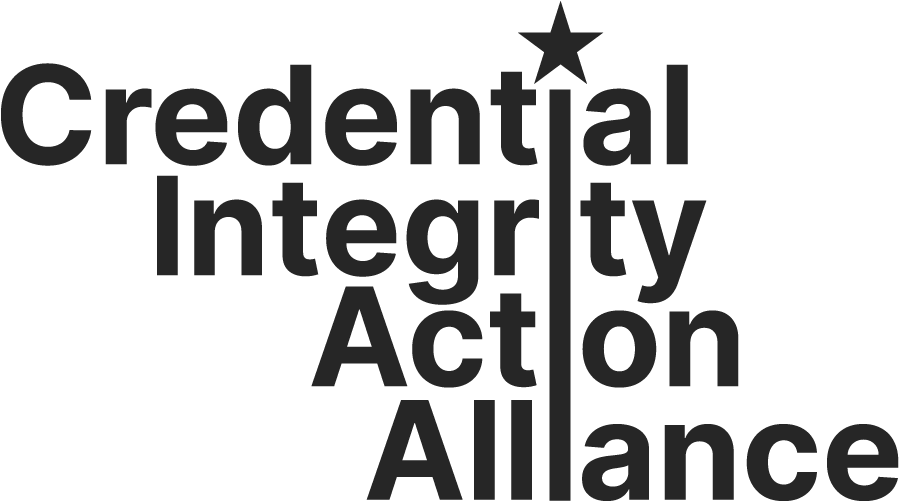AN ACT to protect public health, safety, and welfare from commercial cheating operations.
BE IT ENACTED BY THE LEGISLATURE OF THE STATE OF ______:
NEW SECTION. Sec. 1. The legislature finds that commercial cheating operations create serious risks to the health, safety and welfare of the public. By selling the obtainment of professional licenses to individuals who have not demonstrated the qualifications, knowledge or skills for these professions, commercial cheating operations serve no legitimate purpose and create dangerous and unnecessary threats for the public. Commercial cheating operations also pose serious threats to students, who can be threatened and extorted after paying for cheating services.
NEW SECTION. Sec. 2. As used in this Act, and except as otherwise provided, the following definitions shall apply:
(1) “assigned task” means any task assigned, directed, or otherwise given to a student, test taker, or candidate by a sponsor or its representatives, the performance on which will be evaluated for credit or licensure. The term “assigned task” includes, but is not limited to:
(a) writing a term paper, thesis, dissertation, essay, or report;
(b) providing responses to, participating in, or otherwise engaging in a test, whether in an academic setting or as part of certification, licensure, credentialing, or standardized testing program;
(c) preparing any other work product in response to an assignment; and
(d) attending classes or other instructional interactions.
(2) “assignment” means anything in written, electronic, recorded, pictorial, artistic, or any other form issued by a sponsor or its representatives setting forth, conveying, or soliciting the performance of a student, test taker, or candidate on one or more assigned tasks. The term assignment includes but is not limited to materials, whether presented on paper or a computer, setting forth problems for the student, test taker, or candidate to solve, questions for the student’s, test taker’s, or candidate’s response, test content, scenarios to which the student, test taker, or credential candidate is to react, and similar tasks.
(3) “candidate” means a person who has applied to earn a professional certification, occupational certificate, professional license, or other “recognized postsecondary credential” as defined by 26 U.S.C. § 529(f)(3), including by taking a test required to obtain such credential.
(4) “confidential test or assignment” means any assignment, including without limitation any test, that a sponsor provides to a student, test taker, or candidate under confidential conditions.
(5) “for credit or licensure” means for evaluation by a sponsor or its representatives in connection with issuance of any grade, evaluation, degree, diploma, certification, certificate, credential, test score, or professional license.
(6) “organization” means a company, partnership, corporation, institution, association, nonprofit organization, body, State agency, or other entity.
(7) “person” means an organization or individual.
(8) “prepare” means to put into condition for use or assist another in doing so.
(9) “sale” or “sell” means any transfer, exchange, or barter, in any manner, for any consideration, or by any agreement.
(10) “sponsor” means any of the following:
(a) any public or nonpublic institution of higher education operating in this State (including through online enrollment) that provides an educational program:
(i) for which it grants, awards, or otherwise issues an associate’s degree, bachelor’s degree, graduate degree, professional degree, or any other degree, credential, certification, or certificate; or
(ii) that is acceptable for credit towards an associate’s degree, bachelor’s degree, graduate degree, professional degree, or any other degree, credential, certification, or certificate; or
(b) any “recognized postsecondary credential program” as defined by 26 U.S.C. § 529(f)(2) that operates in this State (including through online enrollment);
(c) any organization that owns, sponsors, grants, awards, or otherwise issues professional licenses, certificates, certifications, or other credentials to persons in this State bearing such organization’s name or trademark and signifying completion of a set of requirements associated with such license, certificate, certification, or other credential; or
(d) any organization that owns, sponsors, administers or otherwise delivers tests bearing such organization’s name or trademark to persons or organizations in this State.
The term “sponsor” includes, without limitation, any organization that owns, sponsors, grants, awards or otherwise issues a “recognized postsecondary credential” as defined by 26 U.S.C. § 529(f)(3) to persons in this State.
(11) “student, test taker, or candidate” means an individual whose performance on one or more assigned tasks will be evaluated for credit or licensure and includes but is not limited to students, candidates for professional certification and licensure, test takers, and workforce skills trainees.
(12) “test” means any test, exam, assessment, or other measurement tool intended to measure any knowledge, skills, or abilities of an individual.
(13) “work product” shall mean anything in written, electronic, recorded, pictorial, artistic, or any other form that is submitted to a sponsor showing full or partial completion of an assigned task. The term “work product” includes, but is not limited to, a term paper, thesis, dissertation, essay, report, and response(s) to a test.
NEW SECTION. Sec. 3. No person shall, for a fee or other compensation:
(1) prepare, advertise to prepare, offer to prepare, or cause to be prepared, any work product for or on behalf of a student, test taker, or candidate;
(2) sell, advertise to sell, offer to sell, or cause to be sold any work product to a student, test taker, or candidate; or
(3) complete or otherwise perform an assigned task for or on behalf of a student, test taker, or candidate,
whether in whole or in part, with the knowledge, or under circumstances in which such person should reasonably have known, that such work product or the completion of such assigned task will be submitted by or on behalf of the student, test taker, or candidate as the student’s, test taker’s, or candidate’s own work for credit or licensure.
NEW SECTION. Sec. 4. No person shall advertise the sale or other distribution of, or sell or otherwise distribute, a confidential test or assignment, any portion thereof, or any detailed description of the contents thereof, with the knowledge, or under circumstances in which such person should reasonably have known, that doing so is in violation of the rights of a sponsor.
NEW SECTION. Sec. 5. No disclaimers or contractual language between a person providing services to a student, test taker, or candidate under this Act shall exempt such person from violation of this Act. Examples of such disclaimers or contractual language include, but are not limited to, statements that:
(1) the student, test taker, or candidate will not use any work product in completing all or part of the assigned tasks,
(2) the student, test taker, or candidate has not been required to complete the assigned tasks personally, or
(3) the provision of the work product or completion of the assigned tasks by such person has been approved by the sponsor.
NEW SECTION. Sec. 6. Nothing contained in this Act shall prevent any person from providing tutorial assistance, research material, information, or other assistance to students, test takers, or candidates, provided that the provision of such is expressly permitted by the sponsor and the person providing such assistance has reasonable belief that the work product will not be represented as the student’s, test taker’s, or candidate’s own work.
NEW SECTION. Sec. 7.
(1) Actions under the provisions of this Act may be brought:
(a) in the name of the people of the State, by the attorney general or by the district attorney for the judicial district in which the violation took place, and
(i) any person found in such action to have violated any provision of this Act
a) shall be subject to a civil penalty of no more than $5,000, per violation, to be paid to the general fund of the State; and
b) shall be, at the discretion of the court, guilty of a misdemeanor, except that, if the person has been previously convicted under this Act, a previous version of this Act, or a statute of another state of similar content and purpose, then violation of this Act may, at the discretion of the court, be considered a felony.
(b) by any sponsor aggrieved by a violation of this Act in a State court or as a supplemental claim in federal district court against an offending person, and
(i) the sponsor may recover for each violation against a person that violates a provision of this Act:
a) liquidated damages of $2,500 per violation or actual damages, whichever is greater;
b) reasonable attorneys’ fees and costs, including expert witness fees and other litigation expenses; and
c) other relief, including an injunction and punitive damages, as the state or federal court may deem appropriate.
(2) Any court of competent jurisdiction may grant such relief as is necessary to enforce the provisions of this Act, including the issuance of an injunction to prevent ongoing violations and disrupt the operations of violators.
(3) In an action under this Act, a court shall preserve the secrecy of an confidential test or assignment by reasonable means, which may include:
(a) granting protective orders in connection with discovery proceedings,
(b) holding in-camera hearings,
(c) sealing the records of the action, and
(d) ordering any person involved in the litigation not to disclose a confidential test or assignment without prior court approval.
NEW SECTION. Sec. 8. The provisions of this Act are not exclusive. Nothing in this Act shall be construed to preempt or in any other way limit, diminish, or imply the absence of rights of any party, public or private, against any person in connection with any of the acts described in this Act.
NEW SECTION. Sec. 9. If any provision of this Act or its application to any person or circumstance is held invalid, the remainder of the Act or the application of the provision to other persons or circumstances shall not be affected.


